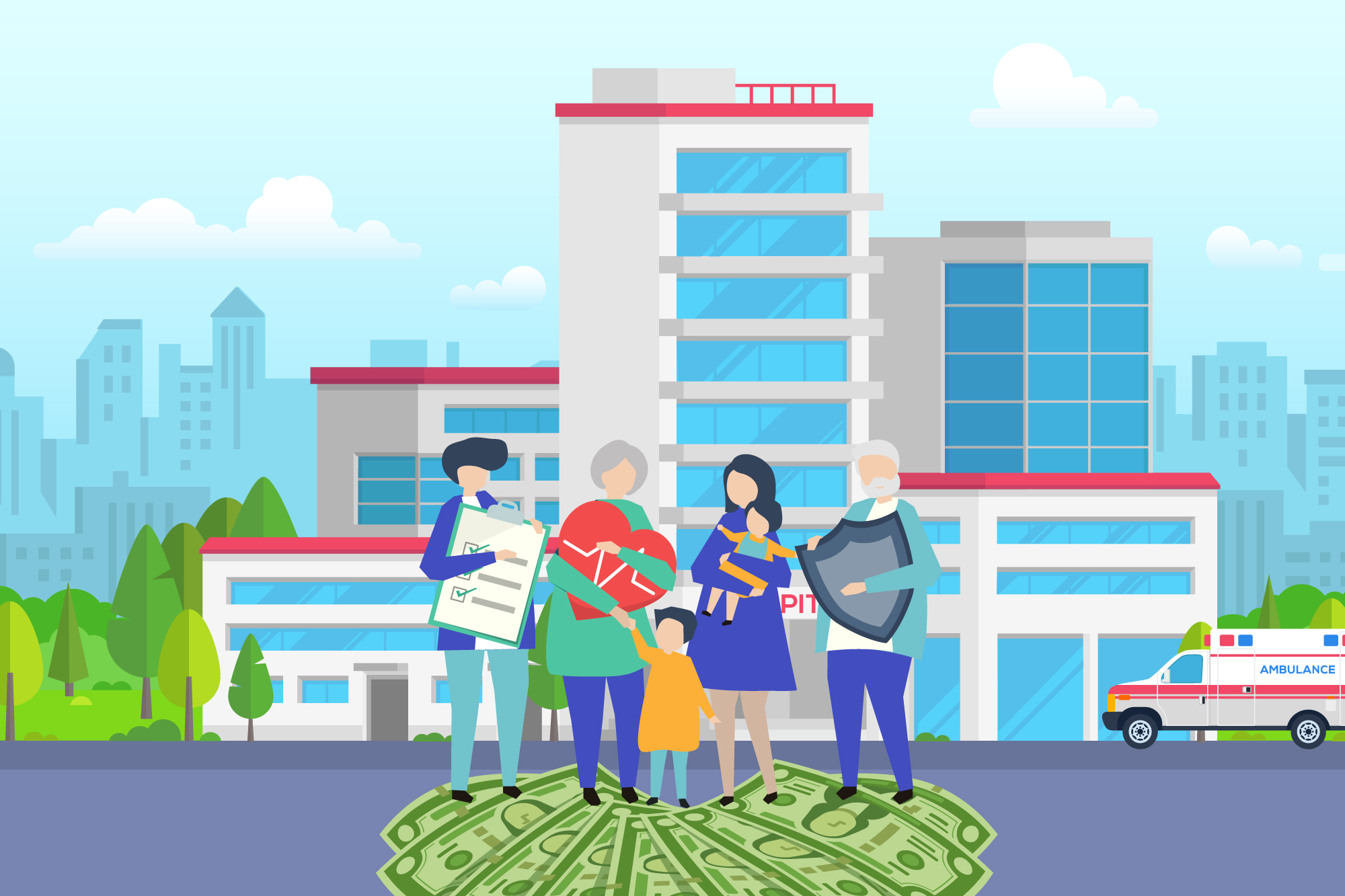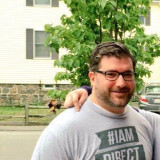 Whenever I give a talk about health care, I ask the audience, “What is the worst addiction problem we have in the United States?”
Whenever I give a talk about health care, I ask the audience, “What is the worst addiction problem we have in the United States?”
The answers are typically the same, and all are good responses — alcohol, tobacco, opiates, and sugar are the most frequently cited. I agree, these are all terrible addictions that also need to be addressed. But, in my opinion, right now, the worst addiction in America is to health insurance.
That answer usually draws a stunned or shocked silence from the audience, but the numbers bear it out. This chart shows the staggering costs Americans spent on healthcare in 2017. What is most shocking about these numbers is not just the high spend but the lack of value delivered in return. As a primary care physician who has practiced within the insurance-based system, and now, outside of it, I can tell you that Americans are paying Porsche prices for Yugo performance.
The typical American experience in seeking health care is not good. There are often long waiting times for appointments (usually which could have been cleared up in an email or phone call), brief interactions with an actual doctor, high co-pays and deductibles, long waits at the office, a crushing amount of paperwork, and a stunning lack of communication. Does this fit into a description of “Porsche value,” especially when one gets the mystery, indecipherable bill for services weeks later?
Our main mistake as a society was that we deviated from the original intent of health insurance. Health insurance was meant to protect people against financial ruin in the event of an unexpected, major occurrence — just like car insurance, life insurance, and homeowner’s insurance. But when Americans started to believe that good health insurance should cover everything because “everything in health care is expensive,” the true intent of health insurance was lost.
The irony is that now insurance has become so expensive that it is unaffordable to many. And even those that can afford the premiums struggle to put money aside to cover the huge deductibles and coinsurance.
The health care system started to fail when health insurance stopped being a form of insurance and instead became a default payment system in which patients no longer understand what is meant to have health insurance. Take, for example, a conversation I had with a patient this past year about his lab tests.
“Those lab tests will be $20 cash through our pricing,” I said.
The patient asked, “What will it be if I bill through insurance?”
“We can send it to a hospital who will bill insurance. But if you are on a high deductible plan I have no idea what your out-of-pocket will be, but I can guarantee it will be more than $20,” I responded.
“OK, well, let’s use insurance.”
I continued, “You do understand part of the reason insurance is so expensive is because we use it as a payment model rather than insurance?”
“Well, I pay a lot for my insurance so I want to use it,” my patient says.
Because this patient wanted to use insurance, the labs ended up being around $400 through insurance due to the deductible.
It’s discussions like these that make me assert that we are addicted to health insurance. It’s important to keep in mind that addiction does not always have to involve a substance or chemical, but can also include the inability to stop a behavior even though it causes psychological and physical harm. This patient simply could not imagine not using their insurance for a simple procedure and, in so doing, drove up the prices unnecessarily for everyone. By doing this, we, as a society, have let this addiction consume us, our paychecks, and our savings for our children and grandchildren. And we keep doing it because our brains tell us there is no other way.
This chart below illustrates the spiraling costs of our health insurance as payment system addiction:
One of the health insurance benefits experts I work with is correct when he says, “Today’s claim is tomorrow’s premium, copay, or deductible.”
Unfortunately, the hardest part of treating an addiction to any substance or belief is the denial stage. To fully and successfully treat addiction, the addict has to recognize and accept that they have an addiction and want to get better. Once this happens, resources and help can be given.
This country needs help as nearly 20% of our GDP is on health insurance and the costs of care. It is up to us as a society to fix this as we are all patients and deserve better. We deserve high-quality care when we are suffering from an insurable event and should be protected from financial ruin in such cases. We also deserve transparent pricing and quality assurance.
Above all, we deserve a health care system with a working payment arrangement that stops using insurance beyond its intended purpose. Simply stated, we must break our unhealthy addiction to health insurance. I have started a support group called the United States Health Insurance Addicts Anonymous (USHIAA). Ironically, HIAA is already being used by — you guessed it — Health Insurers Association of America. As the founding member, I am willing to admit that I am a health insurance addict, but I am now in recovery. The process of recovery has not been easy, but it has been the most rewarding process of my life. So please join me so we can let the healing begin.
Illustration Collage by Jennifer Bogartz / Getty Images







